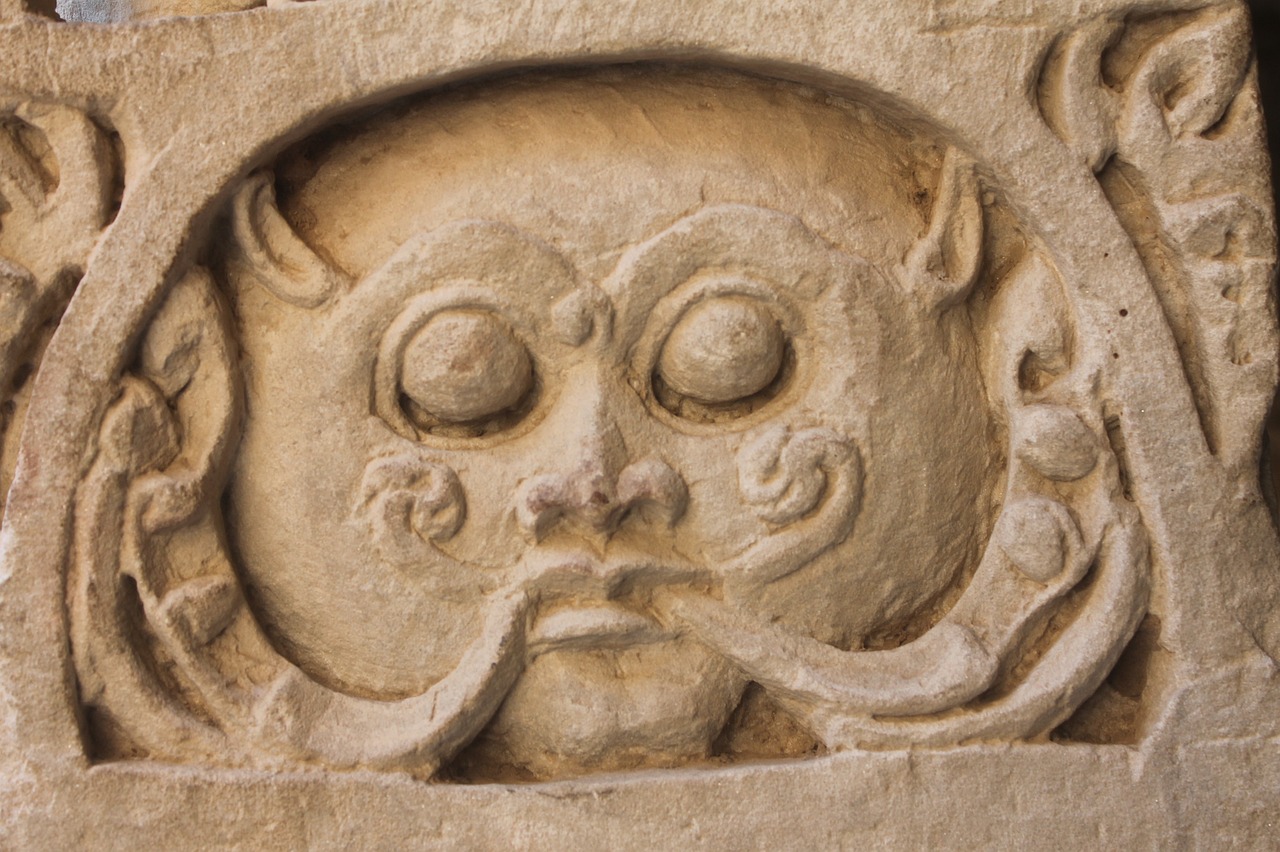The Influence of Electoral College on Presidential Elections
The Electoral College was established by the framers of the United States Constitution during the Constitutional Convention in 1787. The Founding Fathers implemented this system as a compromise between those who wanted the president to be elected by Congress and those who wanted a popular vote to determine the election outcome.
The establishment of the Electoral College reflected concerns about giving too much power to either the federal government or the general population. This unique method of electing the president and vice president aimed to balance the interests of both the states and the citizens, ensuring that smaller states still had a meaningful impact in the election process.
How the Electoral College Works
The Electoral College is a unique system established by the framers of the United States Constitution in the late 18th century to elect the President and Vice President. In this process, each state is allocated a certain number of electors based on the combined total of its Congressional representatives. The number of electors per state is equal to the sum of the state’s U.S. Senators and Representatives in Congress.
During a presidential election, citizens cast their votes for their preferred candidate in each state. These votes are then used to determine which set of electors will represent the state in the Electoral College. The candidate who receives the majority of electoral votes – at least 270 out of 538 – wins the presidency. This system aims to balance the influence of smaller and larger states in the election process.
• The Electoral College system gives each state a voice in the election process
• Electors are typically chosen by political parties and pledge to vote for their party’s candidate
• In most states, the winner of the popular vote receives all of the state’s electoral votes
• The number of electors per state is determined by its representation in Congress, giving smaller states proportionally more influence
Criticism of the Electoral College System
One of the primary criticisms of the Electoral College system is that it can lead to a situation where the candidate who wins the popular vote may not necessarily win the presidency. This discrepancy has occurred multiple times in United States history, most recently in the 2016 election. Critics argue that this undermines the principle of democracy, as it can result in the election of a president who was not the preferred choice of the majority of voters.
Another commonly cited criticism of the Electoral College is that it gives disproportionate influence to voters in smaller states. Due to the winner-takes-all system in most states, candidates often focus their campaigning efforts on swing states with a large number of electoral votes, neglecting states with smaller populations. This has led to concerns that the voices of voters in less populous states are not adequately represented in the presidential election process.
What is the main criticism of the Electoral College system?
The main criticism of the Electoral College system is that it can result in a candidate winning the presidency without winning the popular vote.
Has there been a case where a candidate won the presidency without winning the popular vote?
Yes, in the 2000 election, George W. Bush won the presidency despite losing the popular vote to Al Gore.
Why do some people argue for the abolition of the Electoral College?
Some people argue for the abolition of the Electoral College because they believe it is undemocratic and can lead to outcomes that do not reflect the will of the majority of voters.
What are some proposed alternatives to the Electoral College system?
Some proposed alternatives to the Electoral College system include a national popular vote system, ranked-choice voting, and proportional representation.
How likely is it that the Electoral College system will be abolished?
The likelihood of abolishing the Electoral College system is uncertain, as it would require a constitutional amendment, which is a difficult and lengthy process.







